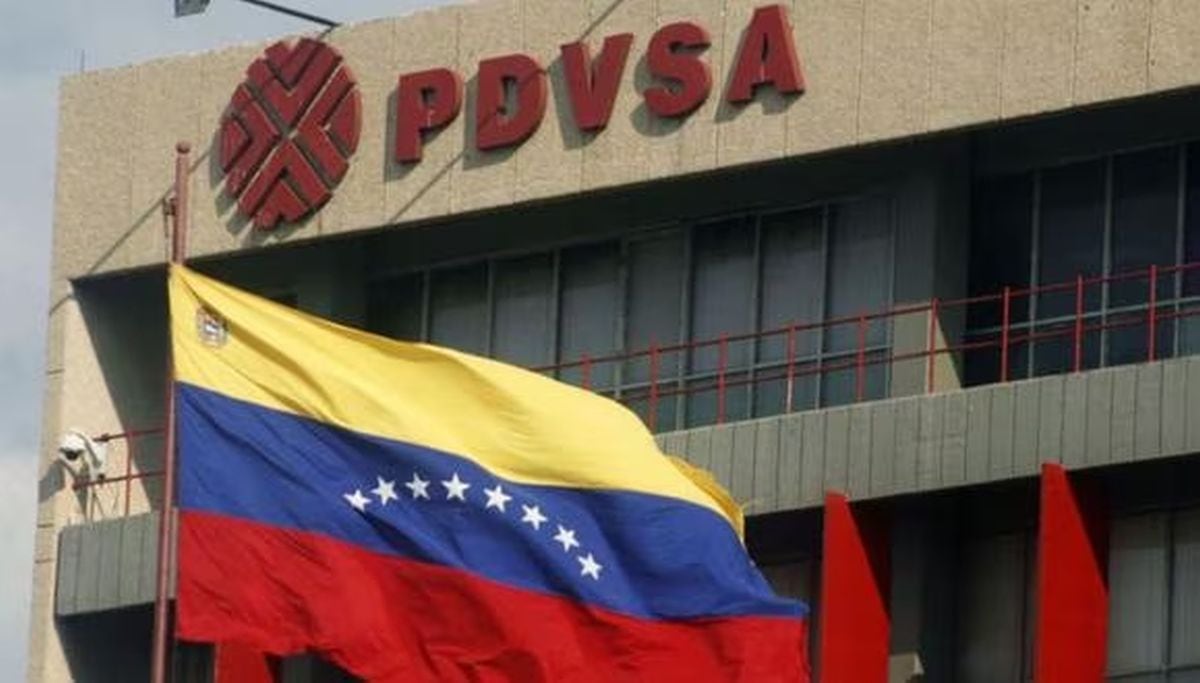
European companies Eni and Repsol plan to extend an agreement Petroleum for debt with Venezuela under the approval of the United States, with the objective of supplying refined products to the state company PDVSA and boost oil shipments to Europe, according to three people familiar with the matter.
When US sanctions cut off the flow of Russian oil to Europe last year, Eni and Repsol received authorization from the US State Department to take Venezuelan crude and process it at their refineries to recover accumulated debts and dividends from their joint ventures in the country. South American.
The authorizations created exemptions from US sanctions on Venezuela’s oil industry, which have restricted the OPEC partner nation’s oil exports since 2019.
However, the permits did not allow oil exchanges and prohibited cash payments to PDVSA, terms that upset the Venezuelan state company.
Under new terms agreed with PDVSA, Eni and Repsol can supply fuels to the Venezuelan company, potentially helping Venezuela alleviate an intermittent gasoline and diesel shortage that has caused long lines at service stations in recent years.
The first fuel delivery under the expanded agreement, some 330,000 barrels of naphtha, is scheduled to arrive at Venezuela’s Cardón refinery this week from Italy’s Milazzo refinery, operated by a consortium between Eni and Kuwait Petroleum, according to data from Refinitiv Eikon.
PDVSA did not respond to a request for comment. Eni and Repsol were not immediately available for comment.
A US State Department spokesman said they would not discuss “specific communications with companies”. The White House declined to comment.
Since Washington imposed oil sanctions on Venezuela in 2019, the oil swap model has provided a solution for PDVSA partners to recover outstanding debts from their joint ventures, sometimes ensuring the supply of refined products that the state company can distribute on the market. internal.
Most of the Venezuelan crude supplied to Eni and Repsol under their swap agreements has been refined in Spain. But PDVSA has assigned only seven cargoes so far this year to Eni, which acts as a recipient of the crude for both companies, limiting the scope of the deal.
Since the US Treasury separately granted a license to oil company Chevron in November to expand its operations in Venezuela and export crude to the United States, several companies are seeking similar deals.
US President Joe Biden’s administration is drafting a proposal that could ease sanctions on the Venezuelan oil sector, allowing more companies and countries to import its oil if the government of President Nicolás Maduro takes concrete steps toward a free and fair presidential election, sources said. this month.
future phases
Eni is also in initial talks with PDVSA to increase production at the Corocoro field, a joint shallow-water project that has been producing crude on and off since 2021, with the aim of resuming exports of that crude, which have been frozen since 2019.
The field is operated by the Petrosucre joint venture between Eni and PDVSA. Before US sanctions, it produced about 24,000 barrels a day of oil, but so far this year it has produced only 2,200 bpd, according to independent analysts.
In July, PDVSA inspected a floating platform in the field to assess remaining inventories and available storage to avoid a complete shutdown of production, another source said.
If current talks between Eni, Repsol and PDVSA prove successful to continue expanding the joint ventures, a separate offshore project, Perla, which provides natural gas for power generation, could ultimately expand production, the people said.
The Perla project, in the Gulf of Venezuela near the maritime border with Colombia, currently allows PDVSA to purchase around 550 million cubic feet per day (mmcfd) of natural gas produced by Eni and Repsol at international prices. . Its second phase would expand production to 800 mmcfd.
The parties could also export surplus NGLs and condensates produced by the project, which would require additional authorization from Washington.
Source: Reuters
Source: Gestion
Ricardo is a renowned author and journalist, known for his exceptional writing on top-news stories. He currently works as a writer at the 247 News Agency, where he is known for his ability to deliver breaking news and insightful analysis on the most pressing issues of the day.











